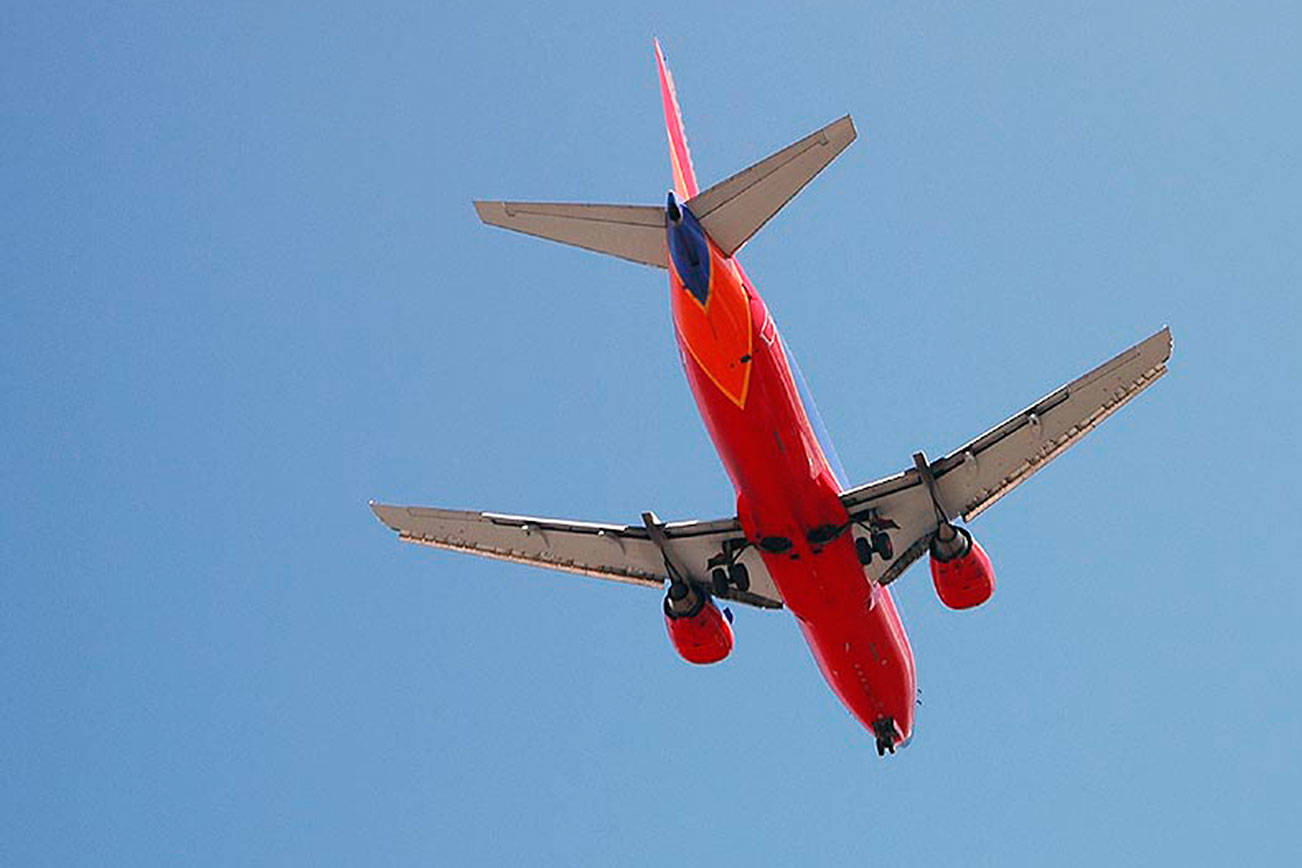The state will expend a chunk of taxpayer dollars in the coming months searching for wolves in the south Cascades, assessing the need for new colleges in Western Washington and measuring the quality of life in cities around Sea-Tac International Airport.
There’s also money in the 449-page supplemental state budget to debate which records of state lawmakers should be made public and what are the most pressing capital needs of public libraries in rural counties.
Overall several million dollars are getting funneled into roughly two dozen new task forces, work groups and studies. Here are eight undertakings that will incite conversations this year and possible action by lawmakers in the future:
Tax reform: Democratic lawmakers grouse a lot about the state’s unfair and regressive tax system. Now, they’ll get a chance to engage the public directly on possible changes. There is $27,000 allotted for the “tax structure reform work group” to hold discussions around the state on the pros and cons of the current system and potential options for change.
Where wolves?: The University of Washington will receive $172,000 to figure out if wolves are recolonizing a 5,000-square kilometer area in the south Cascades and, if so, what it might mean to the area’s predator-prey dynamics. On a related front, the Department of Fish and Wildlife is getting $183,000 to assess if relocation is a viable means of advancing the recovery of wolves.
Theory of exercise: What are the economic and health benefits of having more people walk, hike and bike on the state’s network of trails? The Recreation and Conservation Funding Board is getting $125,000 and 18 months to find the answer. The results will help guide how public and private dollars are invested in future maintenance and preservation efforts.
Branching out: Western Washington University is looking to expand its presence on the Kitsap and Olympic peninsulas. It’s receiving $70,000 to assess the feasibility of creating a four-year degree-granting campus in the region. The university offers degree and certificate programs through Olympic College. And there’s $300,000 to continue examining the potential for a new community and technical college in the city of Graham in eastern Pierce County.
Labor forecast: With automation, artificial intelligence and the internet transforming the economy, lawmakers created the Future of Work task force to craft a strategy to ensure the state’s workers can obtain skills required to survive. With a $260,000 allotment, the 16-member panel must come up with its first set of recommendations by the end of the year.
Takeoffs and landings: There’s concern Sea-Tac International Airport is negatively impacting the quality of life in places like SeaTac, Burien, Des Moines, Tukwila and Federal Way. Now, a study will ponder how current and future airport operations affect public health, traffic, residential parking, public safety and noise in those communities. There will be $600,000 spent – half from the state and half from the cities – with a report due in December 2019.
Overdue notice: Public libraries are in need of investment in “distressed counties,” which are those where the three-year unemployment rate is at least 20 percent higher than the statewide average. The state will spend $80,000 to compile a list of their capital and funding needs.
Solons and sunshine: Lawmakers got rebuffed in their attempt to pass a law disclosing some but not all of their records. Instead, they agreed to set up a task force to try to draft a better approach. Its members will include folks from media organizations which are suing to get most everything disclosed. There’s $50,000 for the William D. Ruckelshaus Center to play facilitator, moderator and peacekeeper until a report is issued Dec. 1.
Jerry Cornfield: 360-352-8623; jcornfield@herald net.com.
Talk to us
Please share your story tips by emailing editor@kentreporter.com.
To share your opinion for publication, submit a letter through our website https://www.kentreporter.com/submit-letter/. Include your name, address and daytime phone number. (We’ll only publish your name and hometown.) Please keep letters to 300 words or less.

